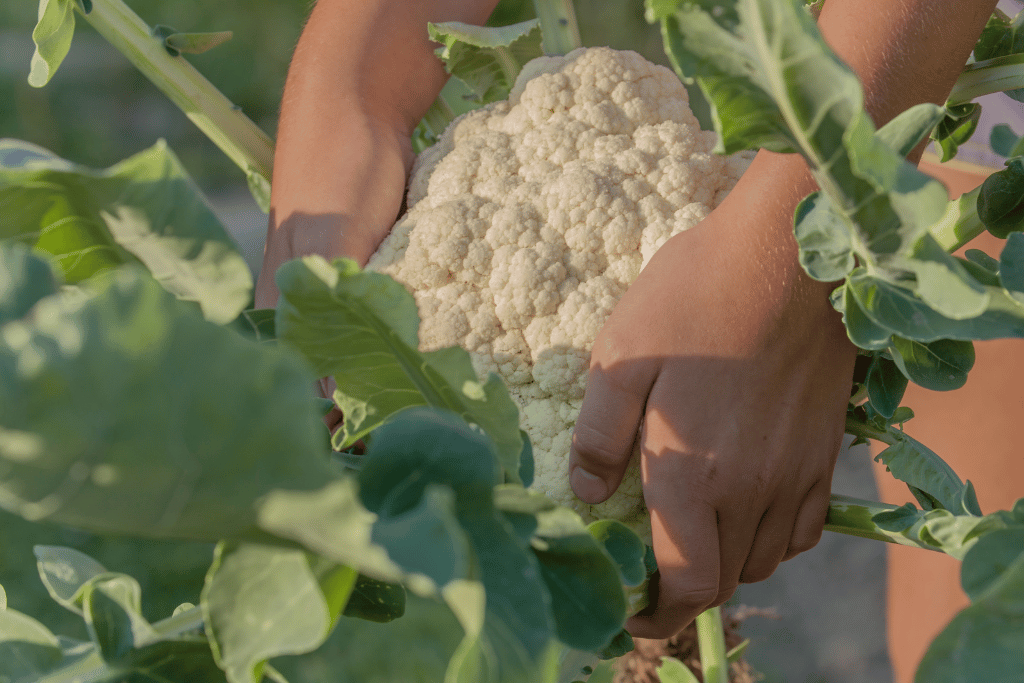
Do you have a green thumb but are concerned about the quality of the tap water you are using to water your plants?? Is tap water really good for plants?
Well, you’ll be happy to know that many gardeners do use tap water to water their plants. If you are worried about what’s in your tap water. Or, how your plants are responding to it and you want to be careful. Then you can treat your tap water.
We’ll discuss how to make tap water safe for plants in some easy steps. But first, let’s learn about the problems that come with tap water.
Problems Associated With Using Tap Water for Plants
Is it wise to use tap water for plants? The short answer is yes, it is possible to use tap water for plants. However, there are some things to keep in mind before doing so. There are certain chemicals including chlorine in tap water, which can be harmful to plants. Additionally, tap water’s hard minerals, like calcium, magnesium, and iron, can cause issues if not treated properly.
Below is a detailed discussion that will help you see why these elements are harmful to plants.
Harmful Elements in Tap Water That Can Destroy Your Plant
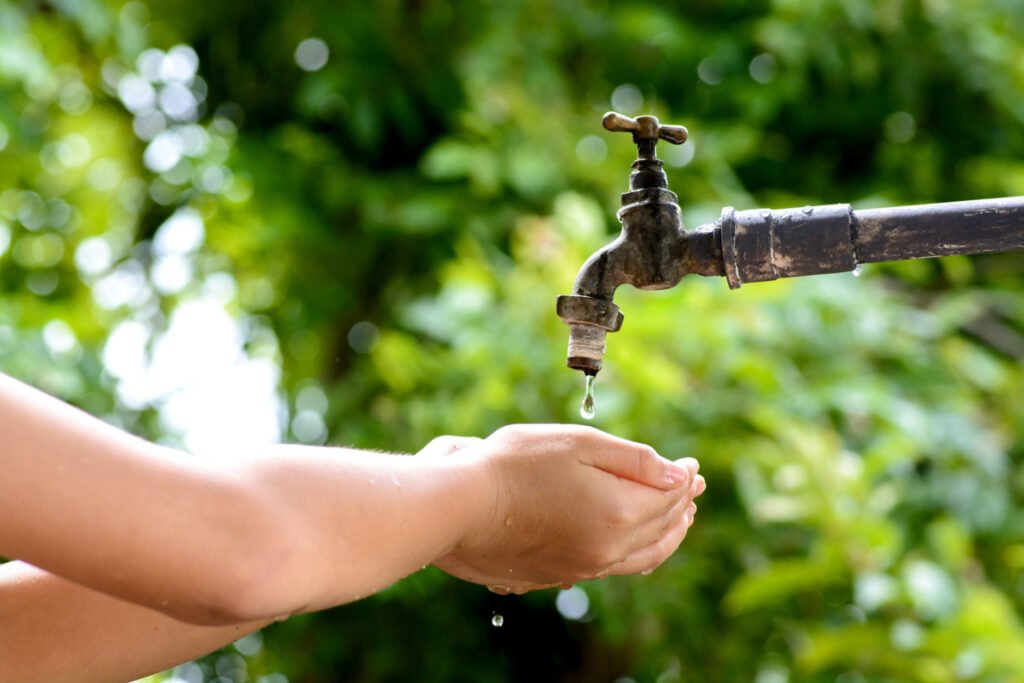
1. Chlorine
Tap water often contains chlorine, which is added by municipalities to disinfect the water and kill off microbial contaminants. When exposed to high chlorine levels, plants can suffer from chemical burns and wilting.
2. Fluoride
Fluoride is added to many municipal water supplies for human benefit. However, too much fluoride in your tap water can cause brown spots on plant leaves and even death.
3. Heavy metals
Tap water may also contain traces of heavy metals such as copper and lead, which can be hazardous to both people and plants. Exposure to these metals can cause stunted growth, yellowing leaves, and root damage.
4. Hardness
An abundance of calcium and magnesium minerals causes tap water hardness. Although these minerals are essential to plant growth, too much of them can cause the leaves of your plants to turn yellow and even prevent their roots from absorbing nutrients.
To make tap water safe for your plants, you can consider using a home filtration system or simply letting the tap water stand for a day or two to allow the chlorine to dissipate. We’re going to look at different methods for improving tap water, next.
Effective Ways to Make Tap Water Safe for Plants
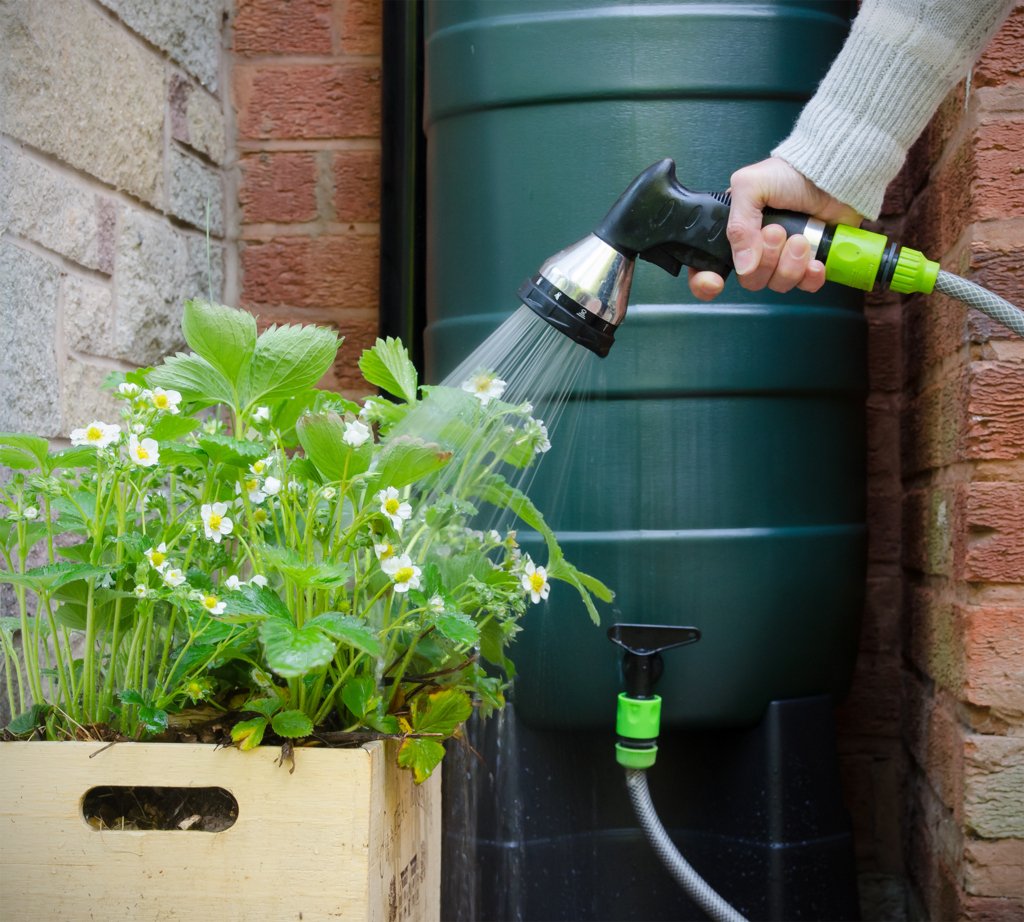
Fortunately, there are some simple steps you can take to make tap water safer for your plants.
1. Let it sit
The simplest way to make tap water safe for your plants is to let it sit out overnight before use. This allows chlorine and other additives like fluoride to dissipate.
2. Eliminate chlorine by boiling water
Boiling tap water for 10-15 minutes will help to eliminate the chlorine. This method is very effective and can be used for large quantities of water at once.
3. Use a water filter
A simple carbon-activated water filter can eliminate most contaminants in tap water, making it much safer for your plants.
4. Balance the pH
The pH of tap water can be too alkaline or acidic for plants to absorb. To balance the pH, use a test strip to determine the acidity level of your water and you can adjust accordingly with either lemon juice, phosphoric acid, or baking soda.
5. Add a water conditioner
Water conditioners can help to reduce chlorine levels in tap water and remove heavy metals.
6. Use reverse osmosis
Reverse osmosis is an effective method for removing chemicals and contaminants from water. The method eradicates impurities from the water, leaving behind pure and safe water for plants.
7. Use ACF
Activated carbon filtration is a popular method for removing chlorine from tap water. The process involves using a cylinder that’s filled with charcoal. This process only takes a few seconds to purify tap water.
8. Use hydroponic nutrient solutions
Hydroponic nutrient solutions are specially designed formulas that help reduce chlorine levels in tap water.
9. Invest in a purifier
If you don’t want to take any chances with tap water, you can invest in a purifier. There are many types of home water purification systems.
By using any of the above methods, you can make sure your tap water is safer for your plants. While it may be a bit more work than just using regular tap water, it may be worth the effort to keep your plants healthy and thriving.
A Natural Alternative
Use rainwater
Rainwater is one of the most natural and safest sources of water for plants. Collecting rainwater in a barrel or other container can provide you with a reliable source of water that hasn’t had chemicals added, like home tap water.
Which Type of Water is Better for Plants: Distilled Water or Tap Water?
Ultimately, choosing whether to use distilled water or tap water for watering plants depends on you. For those who want an easy and cost-effective way to water their plants, then tap water is a great option. However, if you’re concerned about contaminants such as chlorine and fluoride in tap water that could damage your plants, then you can either use distilled water or take steps to purify tap water using the process mentioned below..
Boiling or filtering tap water before using it can also help reduce chlorine levels and other contaminants that could harm your plants.
So, we’ll put our money on tap water for plants and take the extra step of boiling or filtering it before use. This will help ensure your plants get all the necessary vitamins, minerals, and nutrients for healthy growth.
What Plant Species Don’t Grow Well on Tap Water?
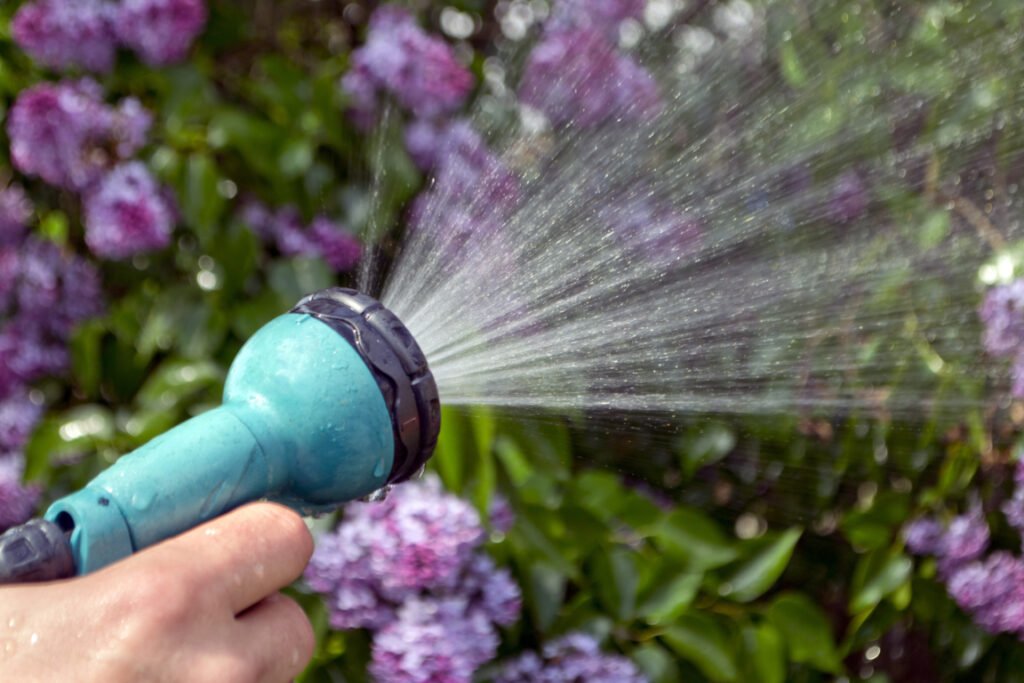
When attempting to make tap water safe for plants, it’s vital to first understand which plant species are more sensitive to tap water than others. Generally speaking, delicate houseplants and aquatic plants don’t do well when watered with tap water because of its potential to contain high levels of chlorine and salts. As a result, your plants may show signs of stress, such as yellowing leaves and stunted growth.
Some plants that are sensitive to tap water are:
Spider plants
This type of houseplant is sensitive to the minerals found in tap water, and can be adversely affected by it.
African violets
These plants won’t tolerate high levels of chlorine in their water.
Orchids
Because orchids need very pure water, they are often at risk of being damaged by tap water with a high chemical content.
Aquatic plants
These plants are particularly sensitive to both chlorine and salts, and can suffer damage if exposed to tap water.
Cacti
Cacti are sensitive to salts, which can be present in tap water.
By being aware of these and other sensitive plants, it will be easier to determine which ones need special care when watering.
What is the Ideal Tap Water Temperature for Plants?
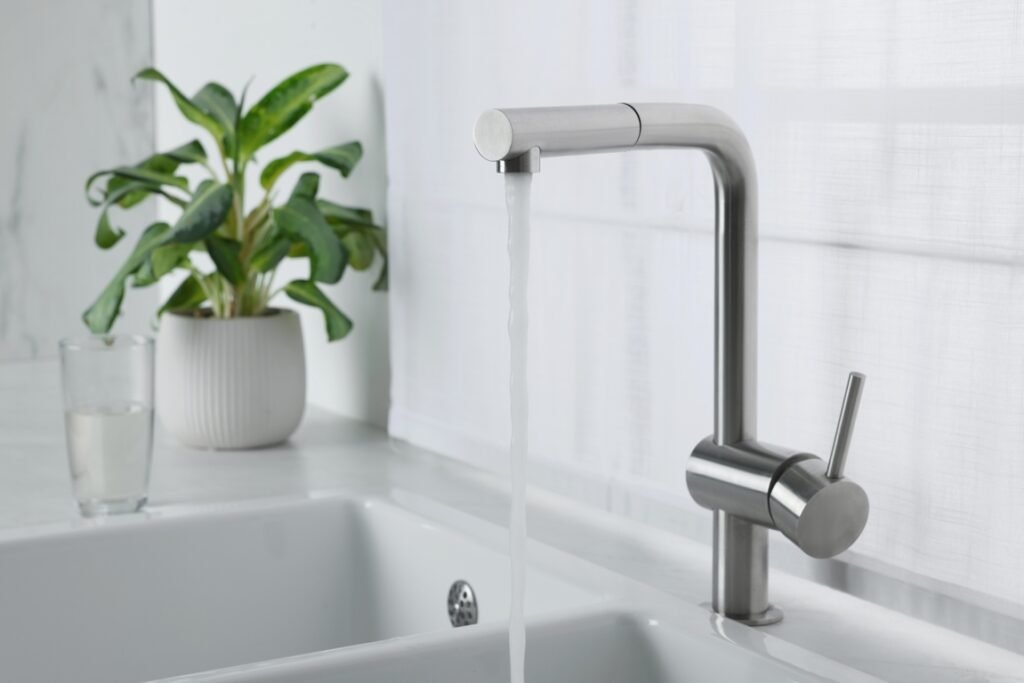
Water temperature is also important when it comes to making tap water safe for plants. The ideal water temperature for most plants is between 62 and 72 degrees Fahrenheit. If your tap water is too cold or too hot, it can damage the roots of your plants or even kill them outright.
To ensure that your tap water is at the correct temperature for your plants, start by measuring it with a thermometer or testing strip.
- If the temperature is too cold, warm it up to the desired range by running it through a sink aerator or in a pot on the stove.
- If the temperature is too hot, let it cool down before applying it to your plants. It’s also good to ensure that the water is chlorine-free before using it on your plants.
To reduce chlorine levels, let the tap water sit for 24 hours in an open container so the chlorine can dissipate into the air. Once the chlorinated water has been sitting for 24 hours, it should be safe for your plants.
Opting to make your tap water safer for your plants is a personal choice and it very much depends on what you grow, how, and the quality of your tap water at home.
This might be a greater consideration for you if you are an organic vegetable grower. Or, you might be seeing signs of distress in your plants that you think might be prevented by improving tap water before watering. Hopefully we’ve provided you with some ideas to get you started.


